Can CBD Cause Tolerance Over Time?

- 1. Defining what tolerance means
- 2. Thc and tolerance
- 3. Cbd and the endocannabinoid system
- 4. Does cbd cause tolerance over time?
- 4. a. What is reverse tolerance?
- 5. How to use cbd
- 6. The bottom line
Marijuana is a plant constituted by many different components which all have their own effects on our human bodies. The two most well-known, as many of you may already know, are THC, tetrahydrocannabinol, and CBD, or cannabidiol.
These two components are the ones normally the ones people are looking for when they consume marijuana, either for its medical or recreational properties. While THC is responsible for the psychoactive effects in cannabis, CBD on the other hand is mostly used for its various medical uses.
From treating seizures to relieving anxiety, reducing inflammation and pain, relieving the symptoms of some types of cancers, and many more, CBD is used on a regular basis by many patients who have opted for more natural treatments to their conditions.
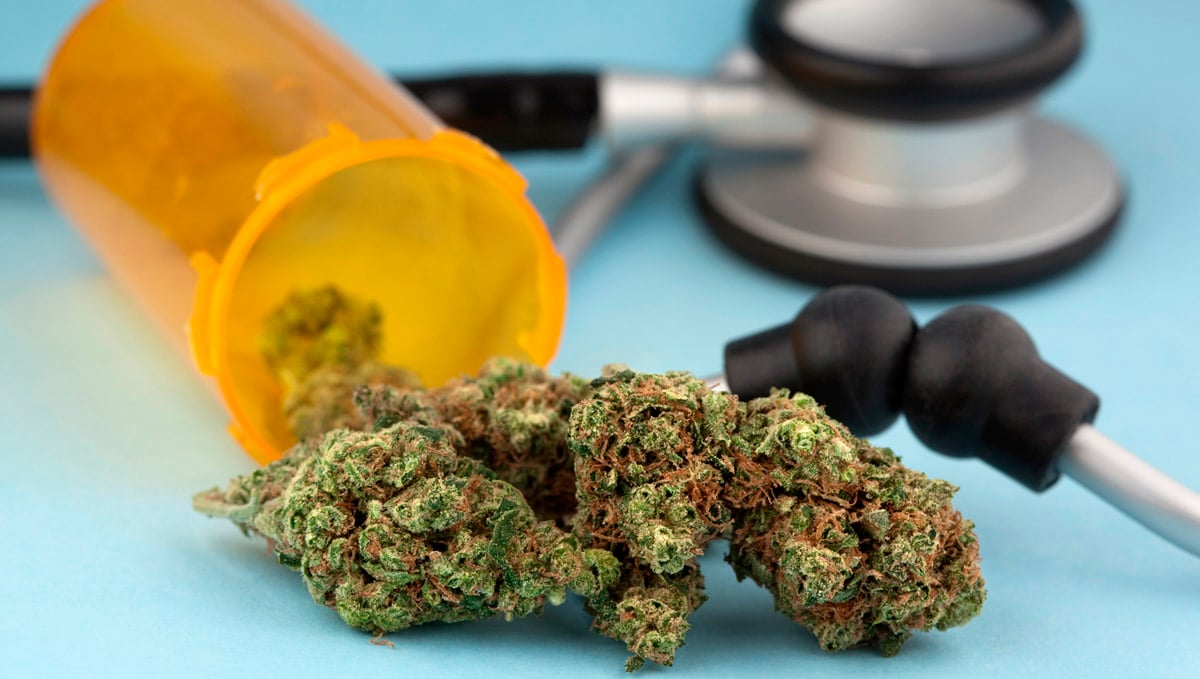
So, is there a possibility that consuming CBD on a daily basis could develop tolerance over time? The short answer is no, unlike its friend THC, CBD hasn't been found to cause tolerance and in fact, the opposite could take place: reverse tolerance, where over time a patient needs to take less CBD to get the same effects.
1. Defining What Tolerance Means
Tolerance, as we all understand it, means growing strong to a certain substance or activity over a repeated period of time. You can grow tolerant of many different things, such as chili, sports, your parents, or even some medications.
The difference between tolerance and addiction or dependence resides in the fact that these last two can cause an individual to hang onto this certain substance on such a level that it may interfere with their normal life, to the point they go desperate without it, showing clear signs of withdrawal.
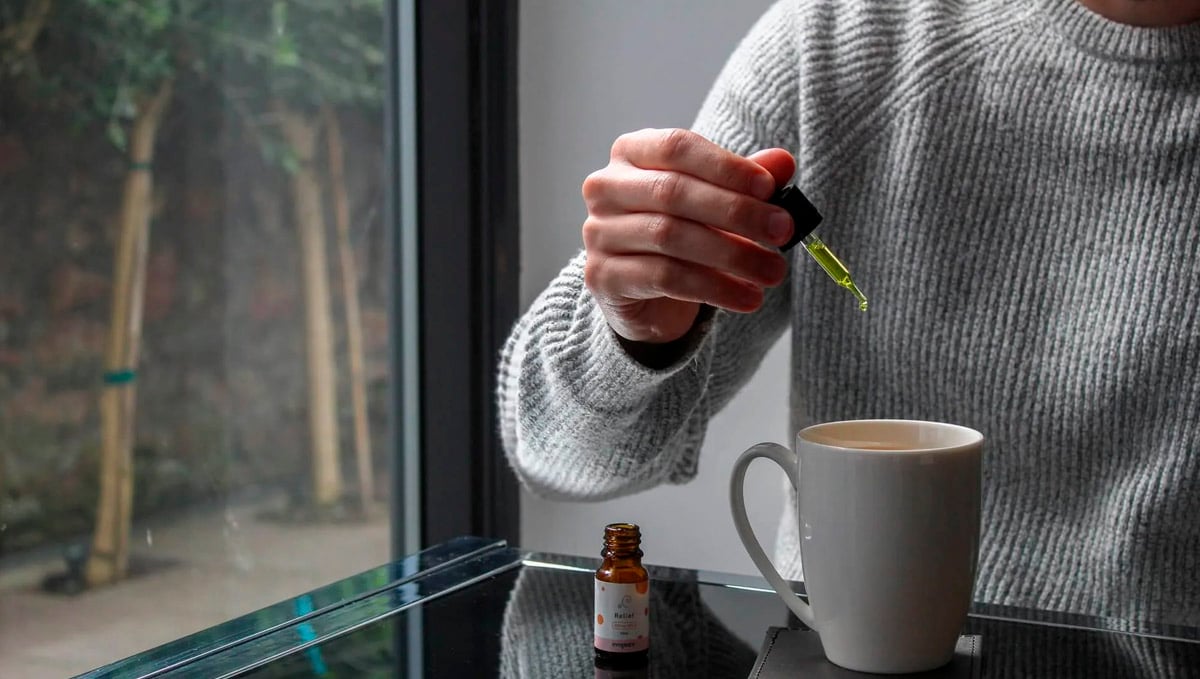
Tolerance, on the other hand, doesn't cause withdrawal and is more of a physical, unconscious phenomenon. It can take place through different mechanisms:
| Type of Tolerance | Reaction |
|---|---|
| Cellular tolerance | Cells become less responsive to a substance. |
| Metabolic tolerance | Less of the substances reach the site of interaction. |
| Behavioral tolerance | The user gets used to the substance's effects. |
This means that if a person is considered to have developed a tolerance to a certain substance, they could either need to wave up their substance intake or perhaps take a tolerance break to get their body out of its comfort zone again.
2. THC And Tolerance
To understand tolerance and its relation with CBD, it's clearer to explain first how tolerance works with THC. Regular cannabis users will testify that they have built some tolerance as they engaged in the frequent use of cannabis, independent of its form of consumption.
Perhaps sometimes you've experienced that you felt higher when you smoked after skipping it for a couple of days. That, my friend, is tolerance. Remember how in the old days you would have a few puffs and your brain would flip upside-down instantly, and how now a full joint can barely get those same effects?
Tolerance varies a lot individually, it develops unevenly and it's strongly tied to each person's psychology. The more a person smokes, the more the experience of getting high will change over time.
THC tolerance is produced mainly through our cells. This cannabinoid works by binding with the CB1 receptors in the endocannabinoid system in the brain, and when we engage in the frequent use of cannabis, this phenomenon happens repeatedly, therefore the cells try to reverse the effects to maintain normal CB1 activity.
To achieve this, the cells can perform two methods:
- Desensitization: the CB1 receptors start binding to cannabinoids less easily, diminishing their responsiveness to the substance, THC, although still being slightly sensitive to it;
- And internalization: CB1 receptors are pulled from the surface of the cell into its interior, becoming completely unresponsive to the substance.
However, the case for tolerance with CBD isn't the same as in THC, given that these two cannabinoids have different effects on the endocannabinoid system.
Let's dive into the relations between CBD and the endocannabinoid system.
3. CBD And The Endocannabinoid System
The main difference between CBD and its interaction with the CB1 receptors, compared to other components in marijuana, is that, in this case, the cannabinoid acts as an antagonist.
Antagonist means that through a form of activity named negative allosteric modulation, CBD decreases the binding affinity of our CB1 receptors, which in turn makes them less responsive to other cannabinoids. This way, the effects of CBD work the opposite way of THC: they give the endocannabinoid system a break, instead of over-activating it.
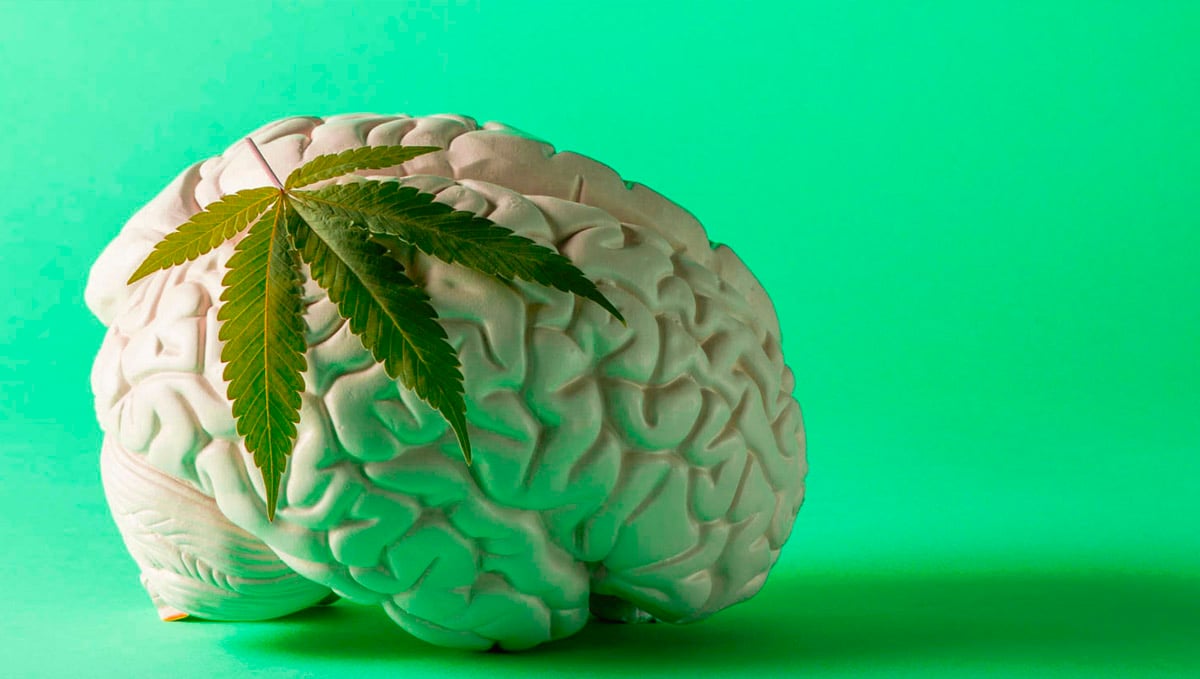
In fact, an excess of activity in the endocannabinoid system could be identified as one of the main causes of issues related to it, resulting in anxiety and overeating, for example.
Furthermore, CBD is also known for increasing the body's natural endocannabinoids, given it races with them for binding proteins which break them both down. This way, CBD could be considered as a kind of endocannabinoid-reuptake inhibitor.
It is like this, combining antagonizing CB1 receptors and increasing natural endocannabinoids, that CBD's typical feelings of relaxation, increased focus, and a state of flowing are produced.
But the question is, can these effects develop tolerance over time?
4. Does CBD Cause Tolerance Over Time?
Research led by a group of scientists in 2004 has found that CBD isn't tolerance forming and that it could even produce the opposite effects, what's known as "reverse tolerance". 2
What Is Reverse Tolerance?
Reverse tolerance is what happens when a user who has been consuming a certain substance for a determined period of time starts to need less of such substance to achieve the same effects.
With CBD, CB1 cells don't have the same resistance to negative allosteric modulation as they would resist direct intense stimulation. Besides, due to CBD's special relation to CB1 receptors, it's possible for it to help modulate the tolerance-forming pattern of THC.
This means that if you feel like you are developing tolerance to THC, adding some CBD consumption to your daily routine could actually fight this tolerance your body has created.
Although more research still needs to be done to completely affirm the reverse tolerance theory in CBD's effects, the available evidence suggests that when it comes to CBD tolerance, there is nothing you should worry about.
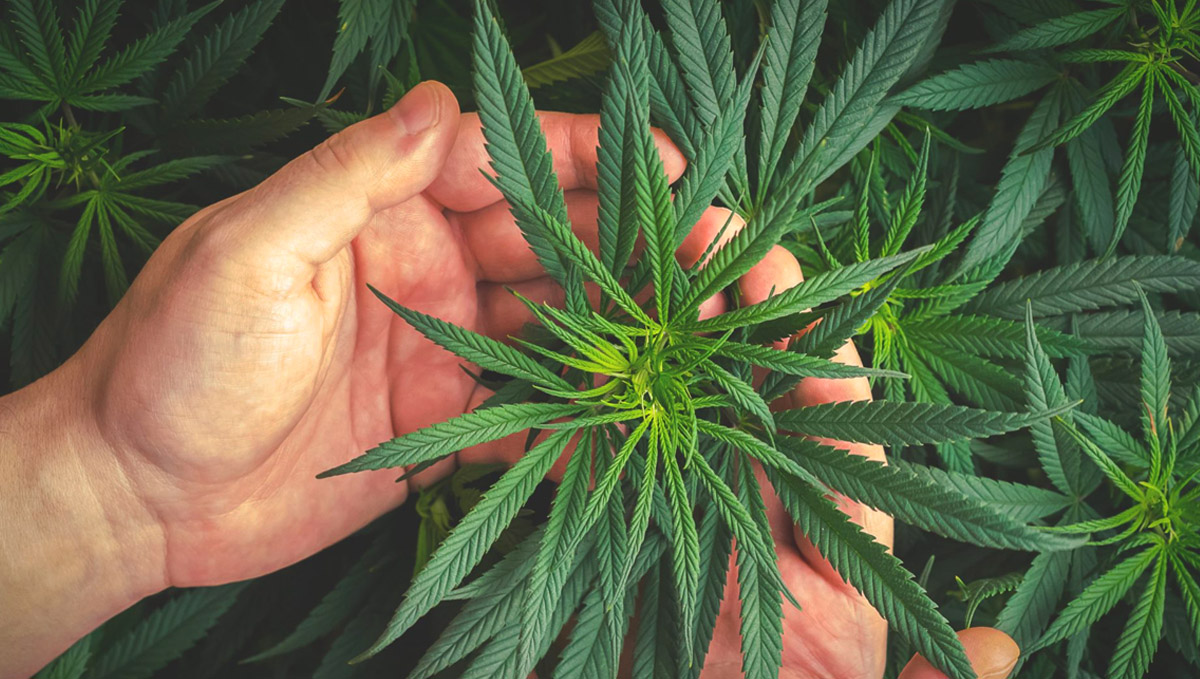
Hence this makes CBD one of the most promising components in the medical field, being a component that has a vast range of medical uses and effects, and which also has fewer negative affections than most common medications.
CBD makes a great alternative to heavy pharmaceutical products that are in fact tolerance-forming. It looks like this cannabinoid won't stop showing off how much of a divine compound it is.
Besides its great medical properties, CBD is also notorious not only for possibly creating the reverse tolerance effect but for not being addictive as well. As a matter of fact, people struggling with drug addiction, or other types of addiction, could actually use CBD as an aid to overcome their problem.
And lastly, is there a better way of getting your medication than growing it in your own home or garden? There's no tricks or secrets behind, you take care of your own plant and consume the flowers you've harvested from it yourself.
5. How To Use CBD
The way you use CBD will not affect the tolerance aspects of the compound, so you can test out different methods of consumption to find which one you feel most comfortable with.
Generally, we would recommend that you ingest CBD in an oral form, such as in oil or capsules. This is because this way you'll skip some of the negative health affections that smoking brings.
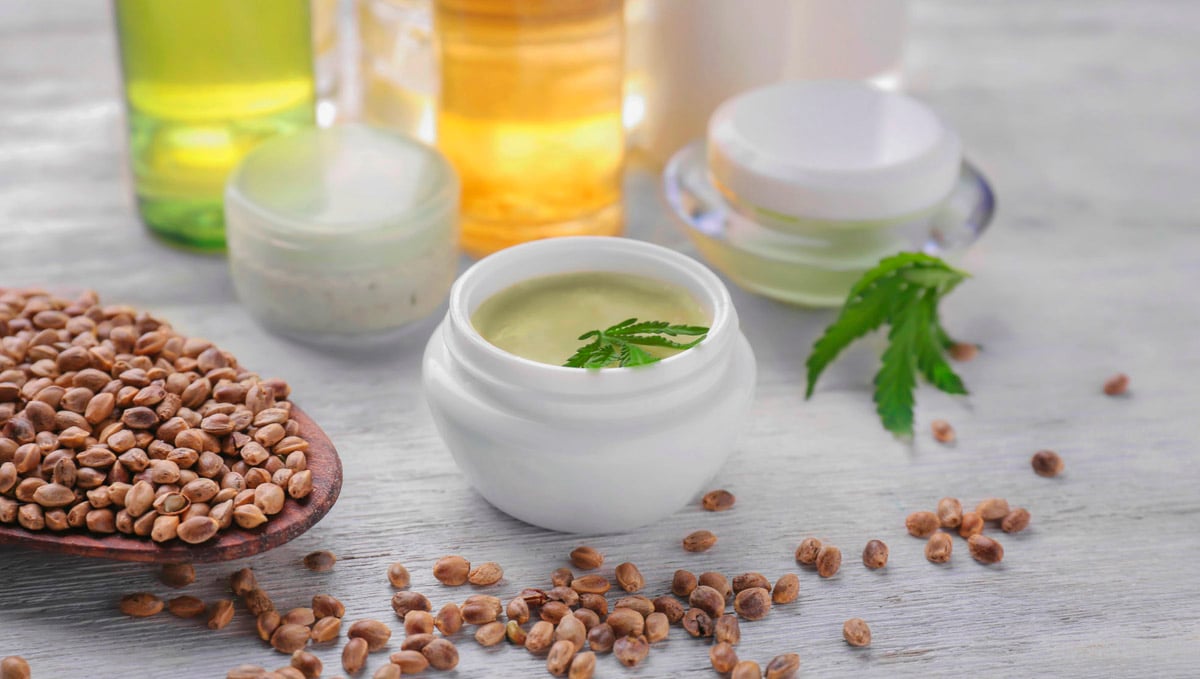
Another great way of consuming CBD is by cooking some cannabis edibles, which is a fun way to spend time, and it's even delicious.
However, edibles tend to take longer to take effect, so if you're looking for something more immediate, perhaps tinctures or vaporizing are better alternatives.
6. The Bottom Line
It is no wonder why CBD's popularity keeps rising in the medical field. It is a loyal compound, promising in every aspect you look at it from.
Not only does CBD work as a natural alternative to provide the same benefits you get from many traditional medications but it is actually a better solution, dodging many of the negative side effects that these known treatments usually come along with.
Consult with your doctor to find ways in which you can include CBD as a treatment and enjoy its uncountable health benefits.
MEDICAL DISCLAIMER
This content is for educational purposes only. The information provided is derived from research gathered from external sources.
EXTERNAL REFERENCES
- "Cannabidiol is a negative allosteric modulator of the cannabinoid CB1 receptor" R.B. Laprairie, A.M. Bagher, M.E.M. Kelly, and E.M. Denovan‐Wright. October 2015.
- "Cannabidiol prevents infarction via the non-CB1 cannabinoid receptor mechanism" Kazuhide Hayakawa, Kenichi Mishima, Kohji Abe, Nobuyoshi Hasebe, Fumie Takamatsu, Hiromi Yasuda, Tomoaki Ikeda, Keiichiro Inui, Nobuaki Egashira, Katsunori Iwasaki, and Michihiro Fujiwara. October 2004.







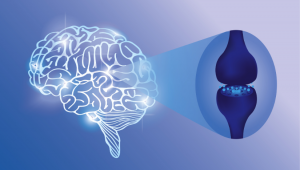
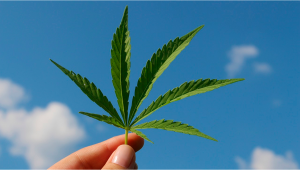
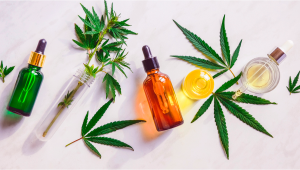


Comments